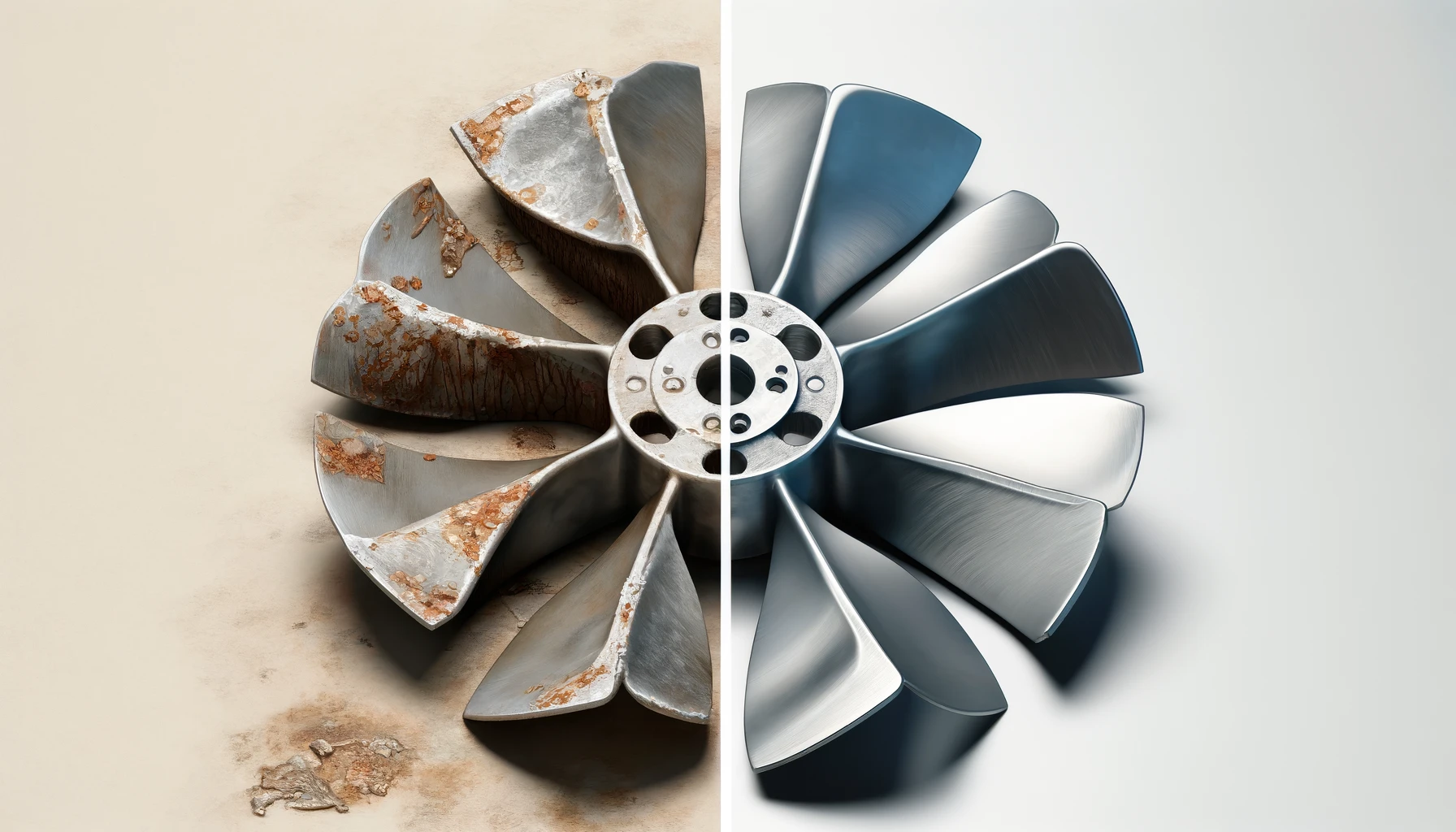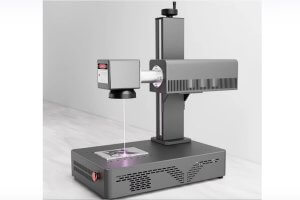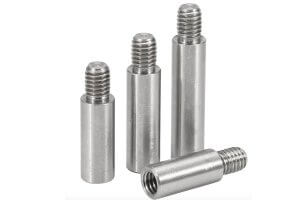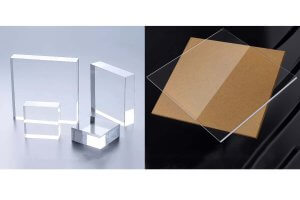Introduction to Corrosion in Aluminum CNC Machined Parts
Corrosion of aluminum parts in food machinery presents a significant challenge to manufacturers, as it not only compromises the integrity and functionality of the machinery but also raises concerns about food safety and product longevity. Aluminum, while known for its lightweight and strength, is susceptible to corrosion, especially when exposed to the harsh environments typical in food processing plants. This article explores the underlying causes of corrosion in aluminum CNC machined parts, preventive strategies, and the latest advancements in corrosion control, aiming to extend the lifespan and efficiency of food machinery components.
aluminum cnc machining service
What Causes Corrosion in Aluminum Parts Used in Food Machinery?
Corrosion in aluminum parts can arise from several factors inherent in food processing environments:
- Chemical Exposure: Food processing often involves the use of acids, alkalis, and salts, which can aggressively attack aluminum surfaces, leading to chemical corrosion.
- Moisture and Humidity: Constant exposure to high levels of moisture and varying temperatures can accelerate the corrosion process, especially where poor drainage or condensation occurs.
- Galvanic Corrosion: When aluminum comes into contact with a more noble metal in the presence of an electrolyte, galvanic corrosion can occur, which is often overlooked in design.
Understanding these factors is crucial for developing effective strategies to mitigate corrosion and ensure the longevity and safety of food machinery.
How Can Material Selection Influence Corrosion Resistance?
Selecting the right aluminum alloy is pivotal in minimizing corrosion risks. Each alloy has a unique composition that affects its behavior in corrosive environments:
- Alloy 3003: Known for its excellent corrosion resistance, especially in chemical environments, making it suitable for most food machinery applications.
- Alloy 5052: Offers superior saltwater corrosion resistance, ideal for processing plants dealing with saline solutions.
- Alloy 6061: Although it provides good resistance, it is more susceptible to corrosion if not properly treated, suitable for less aggressive environments.
Data Table: Properties of Aluminum Alloys and Their Corrosion Resistance
| Alloy | Corrosion Resistance | Typical Use | Additional Notes |
|---|---|---|---|
| 3003 | High | Tanks, piping | Non-heat treatable, good for chemical exposure |
| 5052 | Very High | Marine environments | Excellent at resisting saltwater corrosion |
| 6061 | Moderate | Structural applications | Requires protective coatings in harsh environments |
This selection guide helps manufacturers choose the appropriate alloy based on the specific requirements and environmental conditions of their food processing tasks.
What Are the Best Practices for Machining to Reduce Corrosion?
Effective machining practices are crucial in reducing the potential for corrosion. Techniques that enhance the surface integrity of aluminum parts can significantly lower the risk:
- Smooth Machining: Ensuring a smooth surface finish reduces the likelihood of pit formation where corrosion can initiate.
- Optimal Cutting Fluids: Using cutting fluids that are pH-neutral or slightly alkaline can help prevent chemical reactions that lead to corrosion.
- Proper Tool Selection: Using tools that minimize heat generation during machining can prevent thermal damage and microstructural changes that predispose aluminum to corrosion.
Case Study: A food packaging company implemented a combination of high-speed machining and cryogenic cooling to maintain surface integrity during processing. This approach led to a 40% reduction in surface defects, subsequently reducing corrosion incidents by 25%.
How Effective Are Coatings in Preventing Corrosion in Aluminum Parts?
Coatings are a critical line of defense against corrosion for aluminum parts used in food machinery. They serve not only to enhance the aesthetic appeal but also significantly increase the material’s resistance to environmental aggressors.
Types of Coatings and Their Effectiveness:
- Powder Coating: Provides a thick, uniform coating that seals the aluminum surface from moisture and chemicals, offering excellent corrosion resistance and durability.
- Electroplating: Applies a thin layer of another metal, such as nickel or zinc, which can provide sacrificial protection to the aluminum.
- Anodizing: Increases the thickness of the natural oxide layer on aluminum, improving its resistance to corrosion and making it harder and more durable.
Data Table: Comparison of Coating Types and Their Effectiveness Against Corrosion
| Coating Type | Corrosion Resistance | Durability | Cost |
|---|---|---|---|
| Powder Coating | High | High | Moderate |
| Electroplating | Moderate | Medium | High |
| Anodizing | Very High | High | High |
These coatings not only protect aluminum parts from degradation but also extend their operational life, making them a cost-effective solution in the long run.
Can Surface Treatments Extend the Life of Aluminum Parts in Food Machinery?
Surface treatments can significantly enhance the corrosion resistance and overall durability of aluminum parts. These treatments modify the surface properties to make them more suitable for harsh environments typical in food processing.
Key Surface Treatments:
- Anodizing: Creates a corrosion-resistant layer that is integral to the aluminum substrate. It is particularly effective in food processing environments due to its non-toxic nature.
- Chromate Conversion Coating: Provides excellent protection against corrosion, particularly for aluminum alloys prone to such issues, and is used extensively in the aerospace and automotive industries.
Case Study: A large food processing company utilized chromate conversion coatings on their mixing blades, resulting in a marked improvement in lifespan from 2 years to 5 years, significantly reducing replacement costs and downtime.
What Role Do Maintenance and Environmental Controls Play in Managing Corrosion?
Effective maintenance routines and stringent environmental controls are crucial in preventing corrosion and ensuring the longevity of CNC machined aluminum parts.
Maintenance Strategies:
- Regular Cleaning: Removing residues that can accumulate and cause corrosion.
- Routine Inspections: Identifying early signs of corrosion and addressing them before they lead to significant damage.
Environmental Controls:
- Humidity Control: Keeping the humidity levels within a manufacturing facility controlled to prevent condensation, which can accelerate corrosion.
- Temperature Regulation: Maintaining a consistent temperature to avoid thermal stresses that can exacerbate corrosion.
Data Table: Impact of Maintenance on Corrosion Rates
| Maintenance Frequency | Corrosion Rate | Cost Savings | Equipment Lifespan Increase |
|---|---|---|---|
| Weekly | Low | High | +30% |
| Monthly | Medium | Moderate | +20% |
| Annually | High | Low | +10% |
Adhering to these maintenance and environmental controls can significantly reduce the incidence of corrosion, ensuring that aluminum parts perform optimally throughout their intended lifespan.
Future Trends in Corrosion Prevention for CNC Machined Aluminum Parts
Looking forward, advancements in material science and CNC machining technology promise even more effective strategies for combating corrosion. Innovations such as nano-coatings and advanced alloy compositions that inherently resist corrosion are on the horizon. Additionally, the integration of smart sensors into CNC machines could allow for real-time monitoring and adjustment of machining parameters to optimize corrosion resistance during the manufacturing process.
These ongoing developments will continue to enhance the durability and functionality of aluminum parts within the food machinery sector, pushing the boundaries of what is achievable in corrosion prevention.
Other Articles You Might Enjoy
- How Does CNC Machining Optimize Aluminum Parts for Food Automation Machinery?
Introduction to CNC Machining of Aluminum for Food Automation Machinery CNC machining stands as a cornerstone in the manufacturing of precision parts, particularly when it comes to aluminum—a metal revered…
- Aluminum CNC Machining Service for Custom Parts
Aluminum CNC machining stands at the forefront of modern manufacturing, epitomizing precision, versatility, and efficiency. With its widespread applications across industries ranging from aerospace to automotive and beyond, aluminum CNC…
- How Do CNC Machining Parts Help Food Automation Machinery Comply with Strict Food Safety Regulations?
Introduction CNC (Computer Numerical Control) machining is a cornerstone of modern manufacturing, providing unparalleled precision and efficiency. In the context of food automation machinery, CNC machining parts play a critical…









